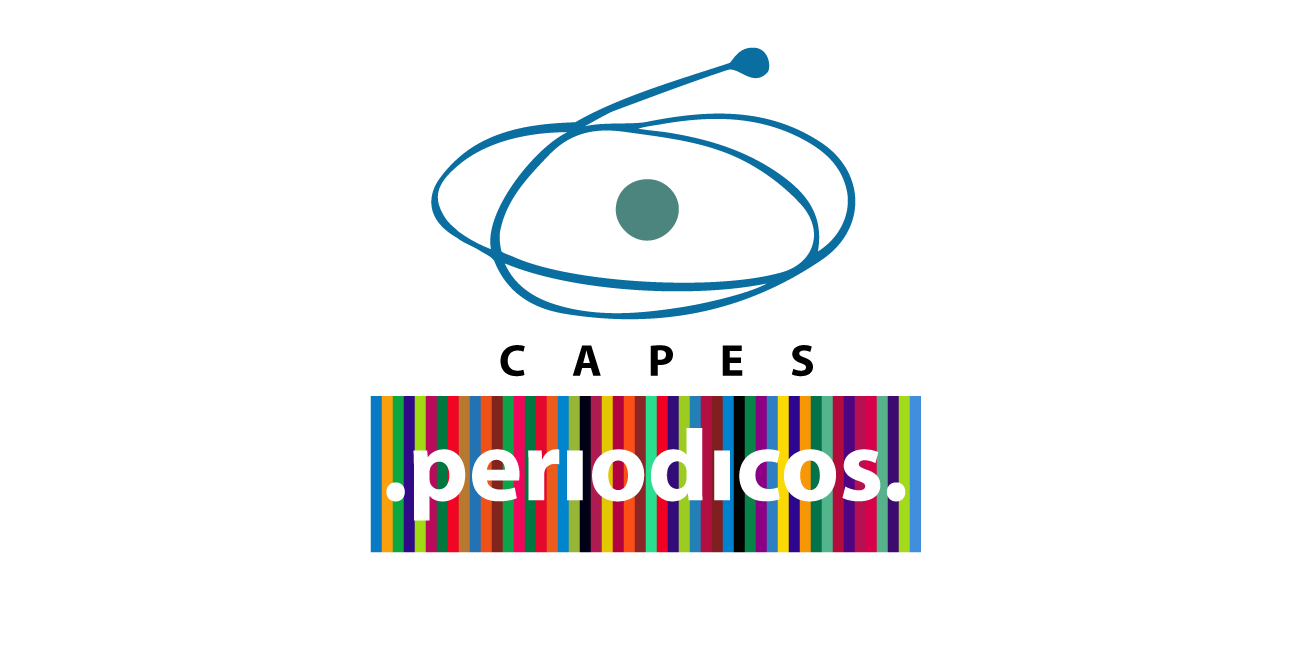Ethics Policy
Ethics Policy
This journal is committed to maintaining high standards of ethics and quality in publication. We uphold expected ethical behavior for all parties involved in the publication process: the author, the journal editor, the peer reviewer, and the publisher. We do not tolerate plagiarism or any other unethical behavior.
Duties of Editors:
- Publication Decision: The journal’s editor is responsible for deciding which of the submitted articles should be published. The editor's decision is guided by the journal’s editorial board policies and is constrained by current legal requirements regarding libel, copyright infringement, and plagiarism. The editor may consult with the editorial board or reviewers in making this decision.
- Fair Play: The editor should evaluate manuscripts based solely on their intellectual content, without considering the authors' race, gender, sexual orientation, religious belief, ethnic origin, citizenship, or political philosophy.
- Confidentiality: The editor and any editorial staff must not disclose any information about a submitted manuscript to anyone other than the corresponding author, reviewers, potential reviewers, other editorial advisers, and the publisher, as appropriate.
- Disclosure and Conflicts of Interest: The editor must not use unpublished information from submitted manuscripts in their own research without the express written consent of the author. The editor should recuse themselves from considering manuscripts in which they have conflicts of interest due to competitive, collaborative, or other relationships or connections with any of the authors, companies, or institutions related to the papers.
- Involvement and Cooperation in Investigations: The editor should take reasonable responsive measures when ethical complaints are made regarding a submitted manuscript or published paper.
Duties of Reviewers:
- Contribution to Editorial Decision: Peer review assists the editor in making editorial decisions and, through communication with the author, may also help improve the paper.
- Promptness: Any selected referee who feels unqualified to review the research reported in a manuscript or knows that timely review will be impossible should notify the editor and withdraw from the review process.
- Confidentiality: Manuscripts received for review must be treated as confidential documents. They must not be shared with or discussed with others except as authorized by the editor.
- Standards of Objectivity: Reviews should be conducted objectively, with reviewers expressing their views clearly and supported by arguments.
- Acknowledgment of Sources: Peer reviewers should identify relevant published work that has not been cited by the authors. Reviewers should also inform the editor of any substantial similarity or overlap between the manuscript under review and any other published paper of which they have personal knowledge.
- Disclosure and Conflicts of Interest: Privileged information or ideas obtained through peer review must be kept confidential and not used for personal advantage. Reviewers should not consider manuscripts in which they have conflicts of interest due to competitive, collaborative, or other relationships or connections with any of the authors, companies, or institutions related to the papers.
Duties of Authors:
- Reporting Standards: Authors of original research reports should present an accurate account of the work performed and an objective discussion of its significance. The paper should include enough detail and references to allow others to replicate the work. Fraudulent or knowingly inaccurate statements constitute unethical behavior and are unacceptable.
- Originality and Plagiarism: Authors must ensure that they have written entirely original works. If the authors have used the work or words of others, they must be appropriately cited or quoted. Plagiarism in all forms is unethical and unacceptable.
- Multiple, Redundant, or Concurrent Publication: Authors should not publish manuscripts describing essentially the same research in more than one journal or primary publication. Submitting the same manuscript to more than one journal concurrently or publishing the same article in different journals constitutes unethical publishing behavior and is unacceptable.
- Acknowledgment of Sources: Proper acknowledgment of the work of others must always be given. Authors should cite publications that have influenced the nature of the reported work. Information obtained privately, such as in conversations, correspondence, or discussions with third parties, must not be used or reported without explicit written permission from the source. Information obtained during confidential services, such as reviewing manuscripts or grant applications, must not be used without the explicit written permission of the author involved in these services.
- Authorship of the Paper: Authorship should be limited to those who have made a significant contribution to the conception, design, execution, or interpretation of the reported study. All those who have made significant contributions should be listed as co-authors. Others who have participated in certain substantive aspects of the research project should be acknowledged or listed as contributors. The corresponding author should ensure that all appropriate co-authors are included, that no inappropriate co-authors are listed, and that all co-authors have seen and approved the final version of the paper and agreed to its submission for publication.
- Disclosure and Conflicts of Interest: All authors should disclose in their manuscript any financial or other substantive conflicts of interest that might be construed to influence the results or interpretation of their manuscript. All sources of financial support for the project should be disclosed.
- Fundamental Errors in Published Works: When an author discovers a significant error or inaccuracy in their own published work, it is their obligation to promptly notify the journal editor or publisher and cooperate with the editor to retract or correct the paper.
Duties of the Publisher:
We are committed to ensuring that advertising, reprints, or other commercial revenue does not impact or influence editorial decisions.
Our articles undergo peer review to ensure the quality of scientific publishing, and we also use plagiarism detection software, such as Compilatio.net.
This statement is based on Elsevier recommendations and COPE's Best Practice Guidelines for Journal Editors.












